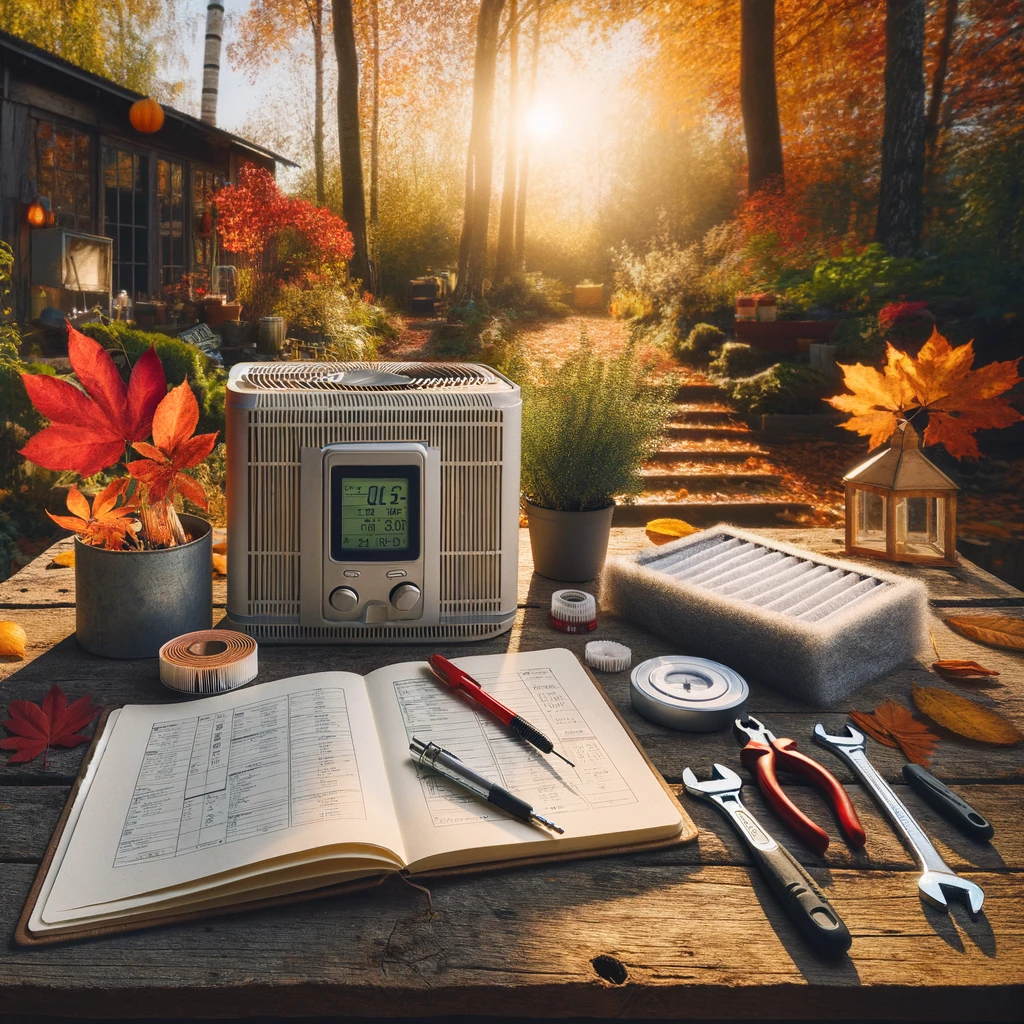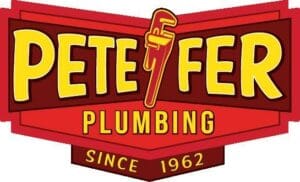
Suffering through Summer heading into Fall may feel like a breath of fresh air. While your air conditioning has been getting a workout you may have forgotten your heating system needs a bit of attention. Before you need to turn on the heater, take these simple steps to make sure your heating system is ready for the upcoming weather.
1. Replace or Clean Air Filters
- Why it matters: Clean air filters improve airflow and efficiency, reducing energy costs and preventing wear on the heating system.
- Action item: Check and replace the air filters every 30-90 days, or more often if you have pets or allergies.
2. Inspect and Clean Air Ducts
- Why it matters: Ducts clogged with dust or debris can restrict airflow and reduce your system’s efficiency.
- Action item: Visually inspect exposed ducts for dust accumulation and hire a professional if a thorough cleaning is needed.
3. Check the Thermostat
- Why it matters: A properly functioning thermostat ensures that your heating system provides consistent, reliable heat.
- Action item: Test your thermostat by setting it to heat mode and observing if it turns on the heating system promptly. Consider upgrading to a smart thermostat for better energy management.
4. Inspect Heating Elements or Burners
- Why it matters: Dirty or malfunctioning burners can cause inefficient heater operation and increase heating costs.
- Action item: Visually inspect the burners for soot or uneven flame. Schedule a professional inspection if necessary.
5. Check for Carbon Monoxide Leaks
- Why it matters: Carbon monoxide is a colorless, odorless gas that can be deadly. Leaks can occur in any heating system.
- Action item: Install or test carbon monoxide detectors and ensure they are working correctly.
6. Examine the Chimney and Vents
- Why it matters: Blocked or damaged vents can lead to dangerous gases building up in your home.
- Action item: Check vents and the chimney for blockages or signs of wear. Consider a professional inspection to ensure proper venting.
7. Listen for Unusual Noises
- Why it matters: Noises like banging, grinding, or whistling can indicate mechanical problems.
- Action item: Note any strange sounds when the heater is running and consult with a technician.
8. Consider a Professional Inspection
- Why it matters: A professional can identify issues that aren’t obvious to the untrained eye and ensure your system is in peak condition.
- Action item: Schedule an annual inspection with a certified HVAC technician to ensure your system is safe and efficient.
9. Review Your Heating System’s Age and Condition
- Why it matters: Older systems are less efficient and more prone to breakdowns.
- Action item: If your system is over 15 years old, consider discussing replacement options with a professional to save on energy costs and improve safety.

